Industry
The Oviedo gas and electricity factory is a magnificent urban industrial complex from the 19th century. However, the most part of the conserved buildings and facilities date from the decades of 1920 and 1930 and were designed by the architects Joaquín Vaquero Palacios and Miguel García Lomas together with the engineer Ildefonso Sánchez del Río.
It was promoted in 1857 by the Sociedad Alumbrado de Gas (a gas lighting company). Since 1899, the running of the factory remains in the hands of the Sociedad Popular Ovetense company and was integrated in the Hidroeléctrica del Cantábrico-Saltos de Agua de Somiedo company in 1939.
The factory counts on production facilities to obtain energy, laboratories for product inspection, depots, raw material deposits, workshops, administrative and residential units, as well as supply networks which connect the factory with Oviedo. The entrance door to the enclosure gives the factory a prestigious image. It was designed by Miguel García Lomas y Somoano and built by Francisco Casariego.
The coal depot, designed by the engineer Sánchez del Río, is a singular structure of reinforced concrete pillars and beams which has a fuel depot with an overhead crane, a zone dedicated to the calcination in coke batteries and necessary elements to make gas. The style of the stairs and roofs gets well with the sculptural character of the structural elements.
Between 1933 and 1936, Joaquín Vaquero Palacios takes part in the project: He designs a group of administrative and residential buildings and depots, located opposite Paraíso street. The director’s house was located among them and built over a storage unit in the ground floor, with had an independent access and a restrained façade. Vaquero designed also the multi-purpose pavilion, an irregular heptagonal plant with two floors and a loft. Concerning the façade, the curved angle, the flat roof with the top rail, the door canopy and the tower that houses the staircase are striking.
Natalia Tielve García

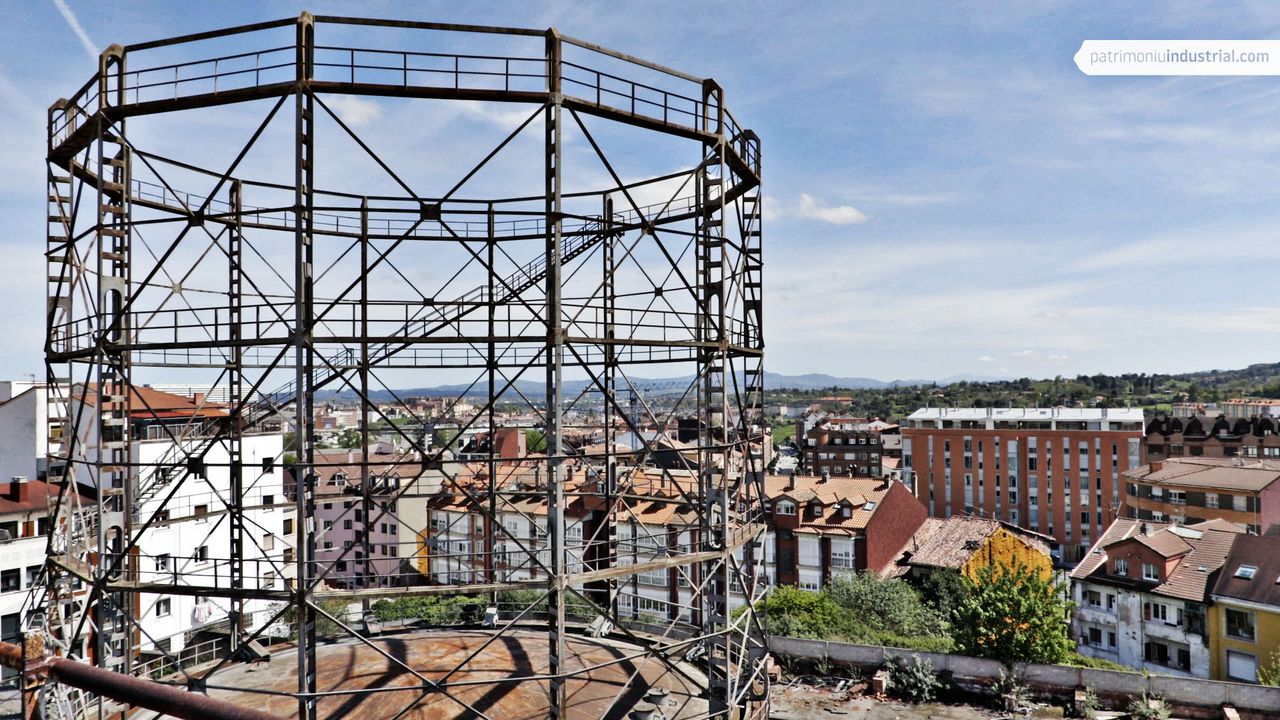
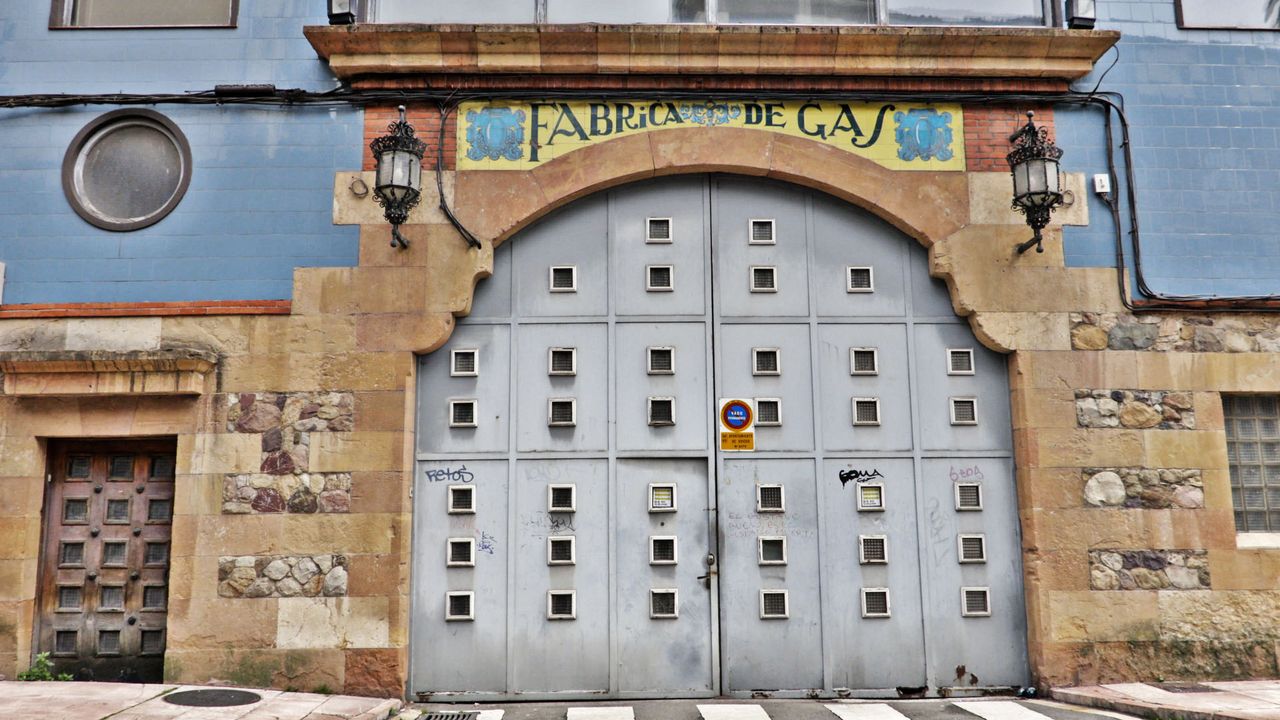
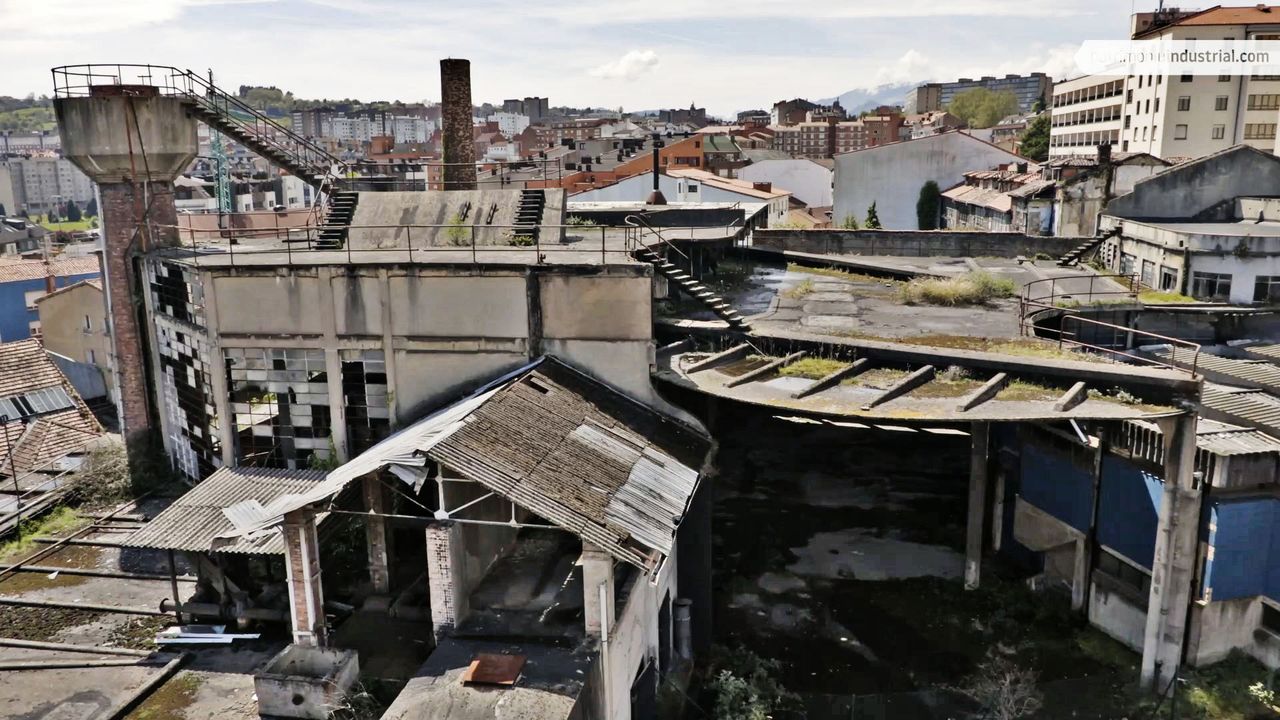

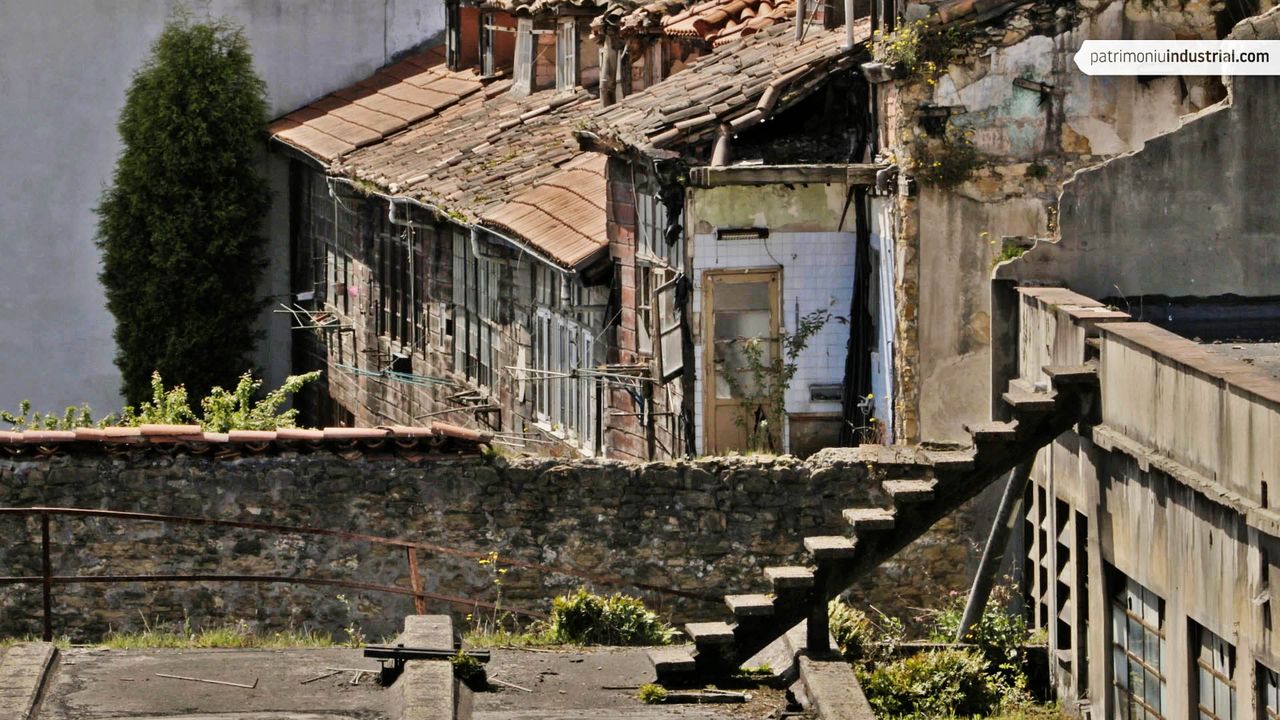
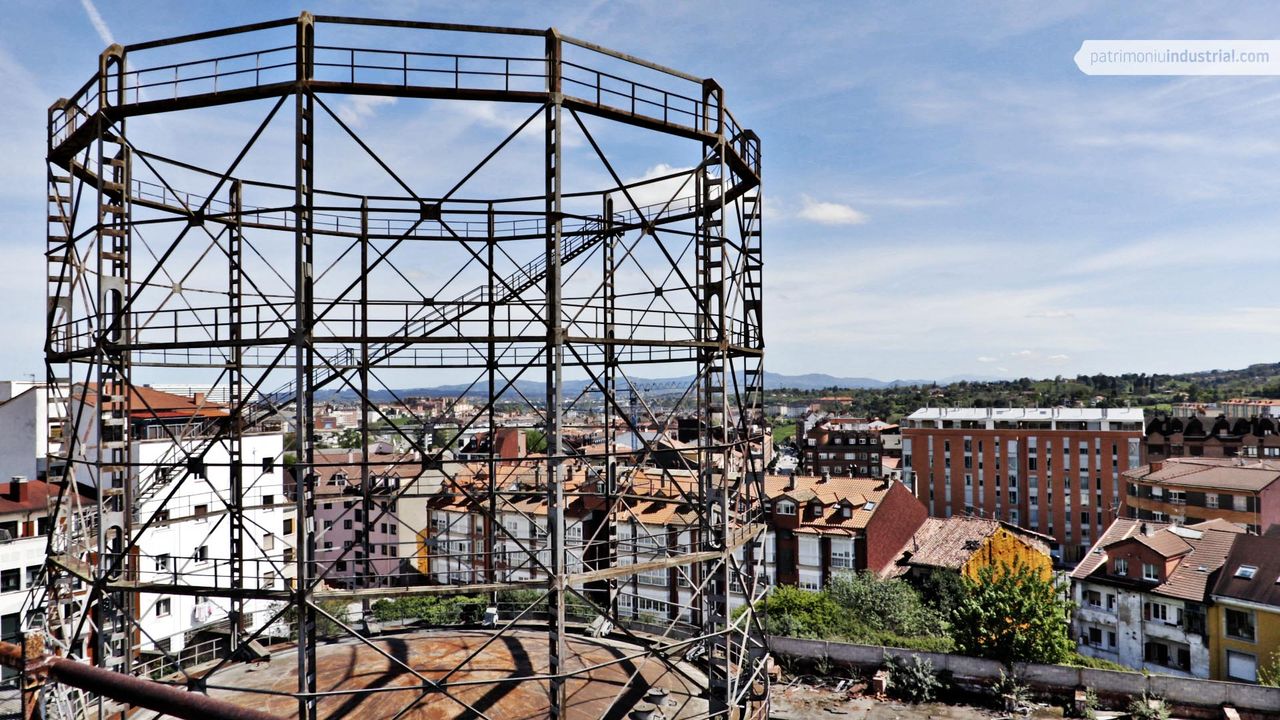
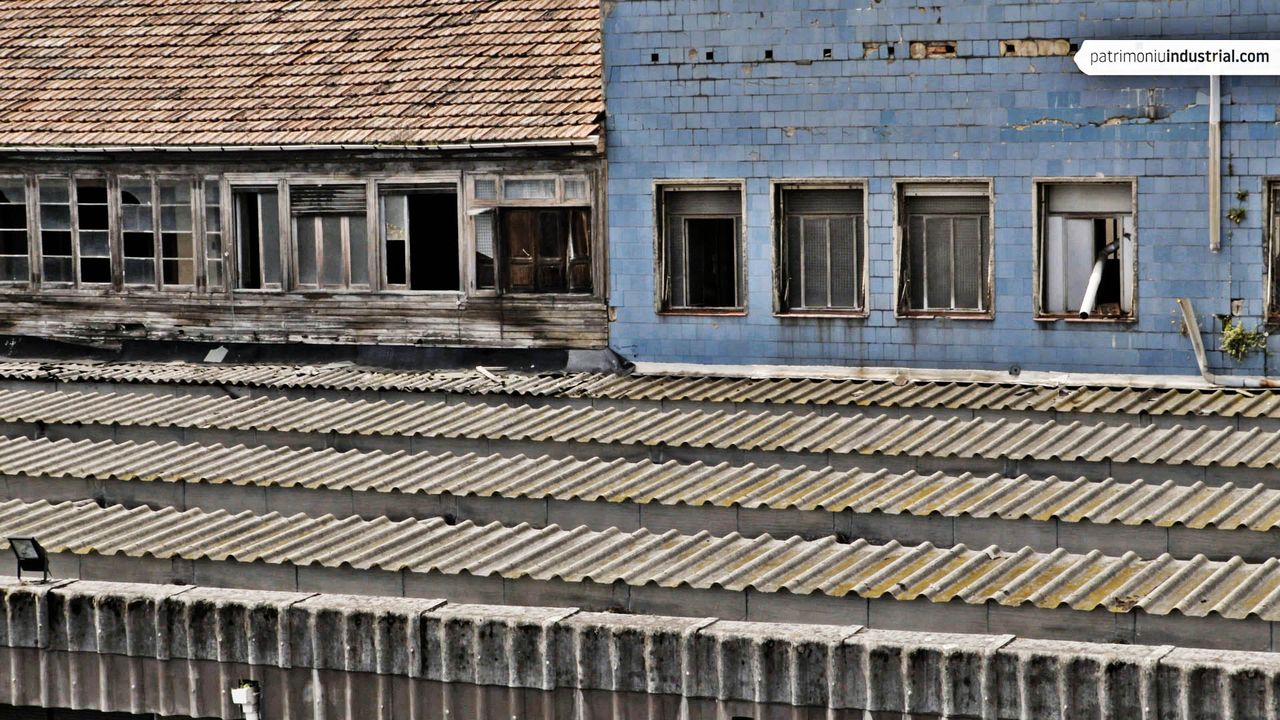
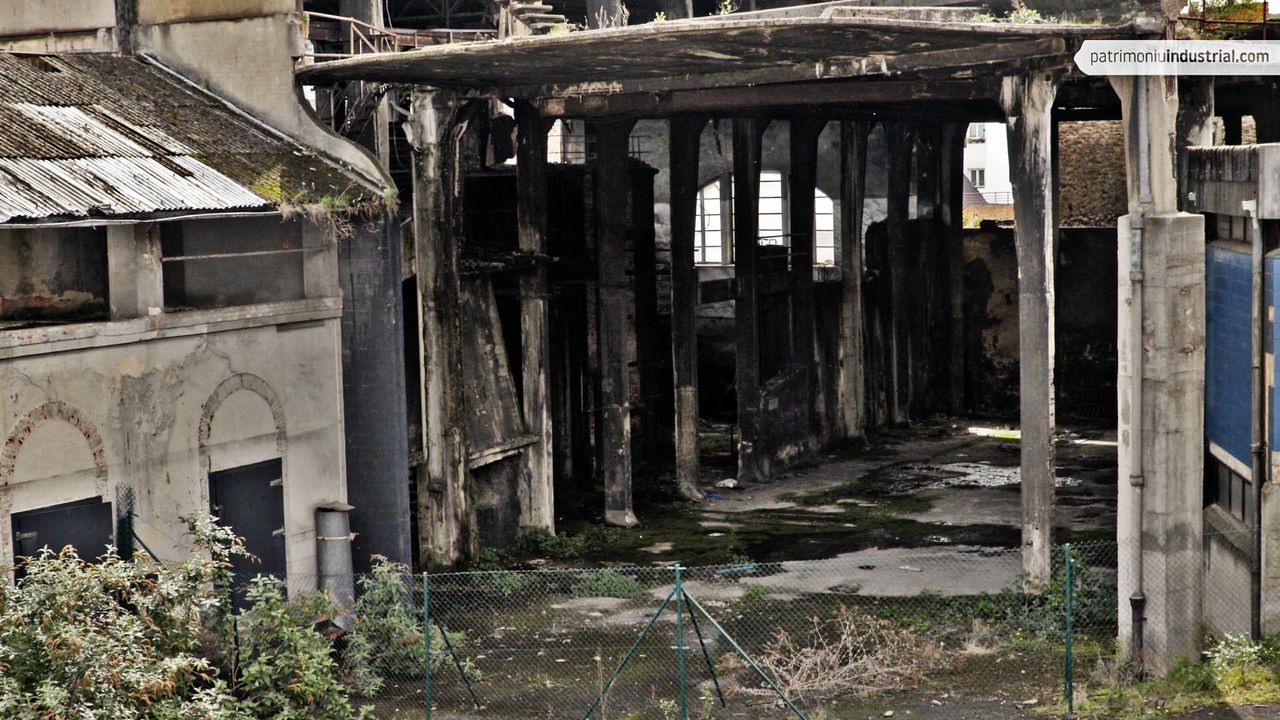

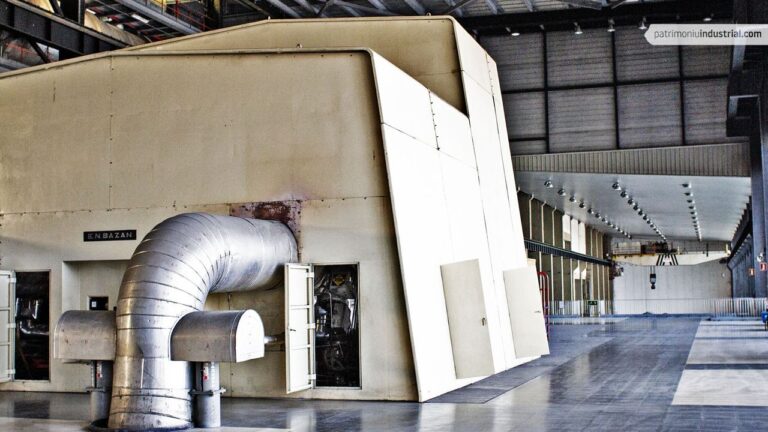
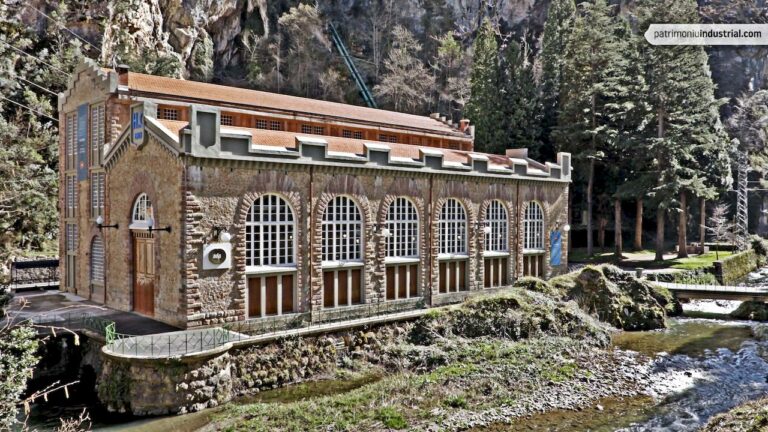


Recent Comments